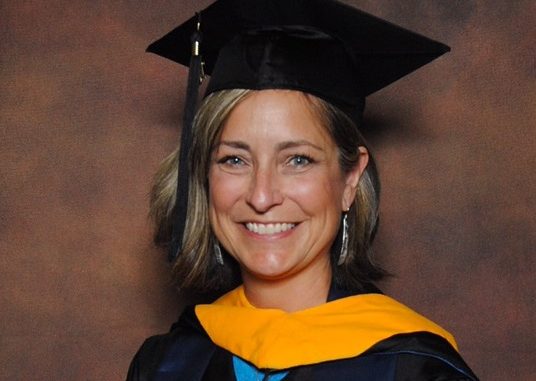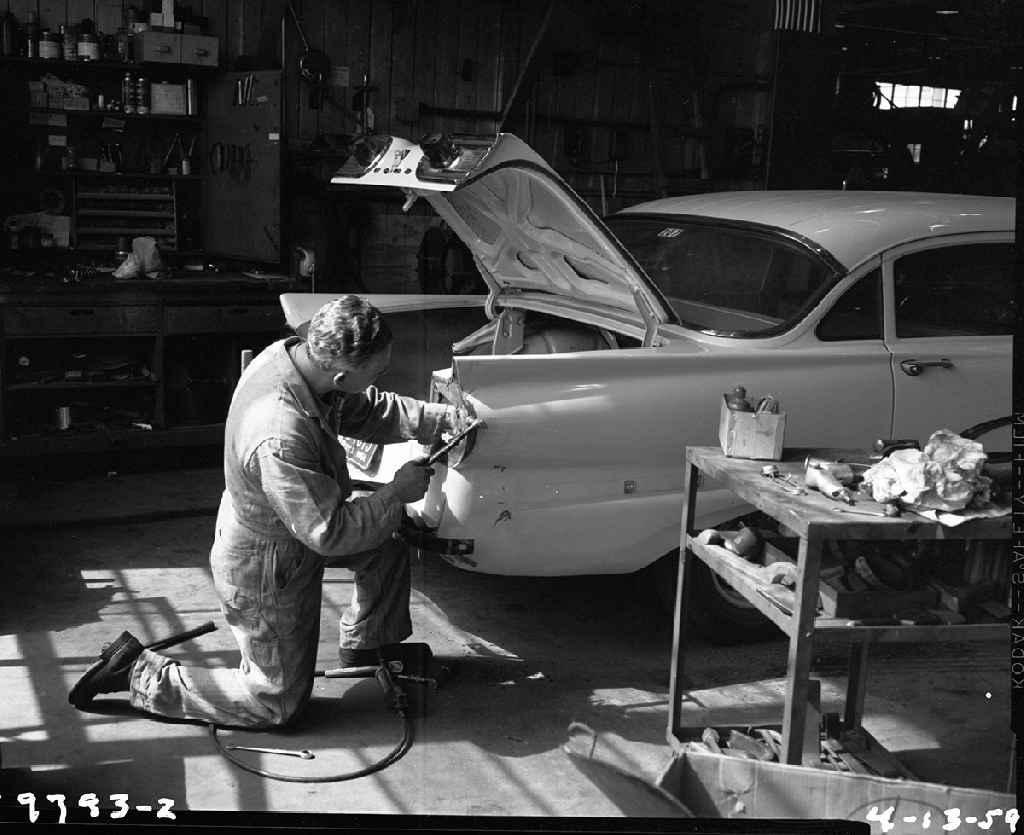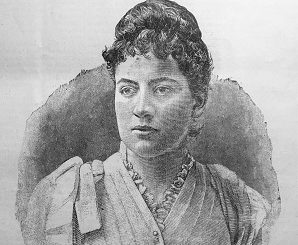
Meet Annie, a married mom of two boys, and one very cute dog. She shares her inner thoughts and struggles as you follow her through a pivotal moment of defeat to a surprise twist of discovery. Walk with Annie as she winds her way through a world of stereotypes and obstacles during an academic career spanning four decades. A revealing portrayal, woven with threads of perseverance, Annie’s story is uplifting and inspiring to all on how to live and thrive with dyslexia.
“Some days when I am feeling down and having a hard time I remember my successes. I look back at what I’ve overcome, and the list is big! It pushes me on to the next day.” – Annie
Let’s start when you were growing up, did you sense a difference in your learning from other kids? Yes. I didn’t understand how other people connected with what they were reading like on assignments. It was amazing to me how people made connections between letters to get things to be spelled correctly. That still gets me. I am always looking up how to spell things. I don’t understand it. My brain just doesn’t do it.
In elementary school, did the teachers notice anything? I was a chatterbox. I was in trouble for talking all the time, which deflected me from doing the work. I was more of a behavioral issue than an academic issue. I must have just barely hit benchmarks, yet, I don’t remember retaining anything I read. Nothing really clicked, but teachers did like me. I had good relationships with my teachers and a very supportive elementary school, in fact, my son is named after my third grade teacher.
Did things go well in junior high or high school? No, in junior high things really went south. I remember specifically I was going to really study for a social studies test. I mean, I was going to do the hours, hours and hours of studying for this social studies test.
I slept with the notes under my pillow the night before the test. The whole thing. I was going to do it this time…
… I failed the test.
It was awful, absolutely awful. It was a breaking point and my grades tanked from there. Going forward, C’s and D’s were the best I did.
The teenage years are hard enough. With an issue not identified, how did you cope? I didn’t feel good about myself. When my grades tanked, I got mixed up with the wrong crowd and started drinking my freshman and sophomore year. However, the fall of my junior year I thought, “This just isn’t for me” and I went to my mom and the counselor at school and said “I’m mixed up with the wrong crowd and I don’t know what to do.” They sent me to a drug treatment center for therapy, not for addiction, which was fine because there were a lot of kids like me there who were just messed up. Not addicts, but all struggling for various reasons. We had tons of therapy in a six week program. Once finished, I completely changed my friend group, and I never looked back. I didn’t drink until I was 26 years old. So, yes, it affected me, but somehow I had the where with all, because of my parents or something, to say this isn’t working for my life. So, I turned it around.
Did you graduate high school? My senior year in high school I had to retake several sophomore and junior level classes, because I failed so many classes. I managed to graduate from high school with a 2.2. It was not good, but I graduated 1988.
How then did you find out you were dyslexic? I was nineteen and out of high school for a year. I was watching an 80’s sitcom at my dad’s house and the parents were really frustrated with their son because he wasn’t getting good grades and was failing his tests. I’m just sitting there feeling my own stuff watching this. Then he said “I am trying so hard, and you know me, you know who I am, can’t you see that I am trying hard?” The parents had him assessed and the doctor told them, “He has a form of dyslexia,” and the parents replied, “But he doesn’t see his letters and numbers backwards.” The doctor explained that’s not all what dyslexia is. He explained there were other forms of dyslexia, like comprehension. In that moment I was like “Oh my gawd, that’s me!”
I don’t write my letters and numbers backwards but my comprehension and the way I take information in is different. I look at a page and it’s as if I am not completely engaged with what I am reading, I don’t see the words but I see the patterns between the words. Like the spaces. I can literally see like a maze, you know between the words? It’s just a matter of which information I am taking in, just like the TV doctor described it. Sometimes, I wouldn’t take in letters and words on the page, I take in the shapes.
One of the stereotypes surrounding dyslexia is that you see letters and numbers backwards. Is that true? No. I recently spoke with a woman who teaches in special education and her opinion is there is no scientific test to diagnose if a person has dyslexia or not. It’s how you process the information you are taking in – communication of the information into to your brain. So complicated. Not just letters and numbers backwards.
The 80’s sitcom was a pivotal point, what happened next? I took a battery of tests at a local college to determine special recognition, literacy, auditory vs visual learning styles. I learned my strengths, and that I had a measurable amount of challenges which qualified me to have accommodations in school. At that time, I had no intention of going to college, I wanted to be a travel agent. With the little information I received from testing, I soared in travel agency school.
I was at the top of my travel agent class, graduated, and got a job!
After about a year, I realized my sister was in college, my brother was in college, and I thought, huh. I wonder if I could do that too… so I decided to take classes at a community college and I never stopped. I finished college in four years. I had accommodations such as un-timed tests. That was helpful with my math struggles. I can’t tell you how many hours I spent in a special room taking math tests. I discovered I wasn’t stupid, but I still felt there was something wrong with me. But, there IS something wrong with me, but it’s manageable!
I finished college in four years and graduated in 1998 with a Bachelors degree in communications.
As you had accommodations in college, did you run into any stereotypes and stigmas from either teachers or fellow students? Yes, that it’s an excuse. Meaning, it’s not believed to be a learning disability. People don’t believe dyslexia is real! The stigma is that you’re just not trying hard enough or it’s an excuse not to do the work like everyone else has to. You try hard for so long with so little success, that you give up! That’s what I did. Getting over that hump is the hardest part, then, not being believed by your teachers. It’s humiliating.
But you forged on to a masters degree. Why? I was having a hard time finding a job after staying home with my kids. I started working in the middle school office and something happened with a student that was so racially biased I finally said, I have to do something! I enjoyed learning about racial equity and wanted to make a difference on a systemic level. I am part of a teacher prep program that addresses equity and responsibility in the school system. The teachers learn what their unconscious biases are before entering the school system. I believe equity issues need to be addressed before teachers enter the classroom. So that’s why I got my masters!
I graduated with a Masters degree in Community Psychology in 2016. My thesis was on racial disparity in schools.
What keeps you going and moving forward? A challenging childhood made me strong and I will not be held down. I don’t know what it is within me that says, screw you, you aren’t taking me down! I am a fighter since I was small. I was going to do well and do what I wanted to do. Through challenges comes strength.
Speaking of challenges, what if a woman reading this right now is thinking she may have dyslexia. What should she do? Go to your local community college student services department. Let them know you may want to enroll, but before you do, let them know you are concerned about your learning styles, can you be assessed to possible receive accommodations for when you are here. You can go see a neuropsychologist and pay $2000 and have a full workout of your brain. Some insurance companies pay for it, or just go talk to your doctor. If you have kids, reach out to your kids school. They may have resources they can point you to in your community. There are also online places such as the International Dyslexia Association or the American Dyslexia Association To find your local community college, go to American Association of Community Colleges
Once someone is diagnosed, what should they do next? Learn how to be “asset based” rather than “deficit based” with your learning. For example, I can’t read a paragraph and comprehend it until I read it 10 times and take notes. The deficit is that I can’t, but the asset is once I dissect it and write it down, I understand it completely. It may take me longer to get to that place but when I do, I have a strong handle on what I’ve just read. I know it’s going to take me longer, so I tend not to be so hard on myself.
Dyslexia is REAL, it is not a crutch!
What do you want other people to understand about living with dyslexia? That it is REAL! It’s not a crutch. As an adult, to state you are not perfect or have challenges, makes you vulnerable. We say we have dyslexia because you need to know we are doing our absolute best. They hear people say, “I have some learning challenges and I have dyslexia,” and they hear that as an excuse to not do well. And that’s not it. For example, during my masters degree I chose not to have accommodations through student services, because in the real world you don’t get accommodations. If I had to critique a documentary I would buy the film and watch it ten times because one time wasn’t enough in order to decipher all the information. I would also print out the transcript and read it over and over. I knew my brain needed all the different formats to be able to understand the information. To fit the puzzle the pieces together. It’s all far from a crutch.
Your future is whatever you want it to be. Just like the person next to you.
If you could reach out to a young girl in school who has dyslexia, what would tell her? It she asked you, “What’s my future going to be? ” Your future is whatever you want it to be. Just like the person next to you. Speaking also to children in adverse situations like poverty, I would say this…”It sucks, it really does, but if you keep at and be willing to acknowledge that you have struggles that’s going to be harder, that’s half the battle is just acknowledging that it’s not easy for you. If you can acknowledge that and persevere, you are going to be OK.”
Some days when I am feeling down and really having a hard time, remembering the successes I have had push me through. I just look back and think, geez, look what I’ve overcome. And the list is big. And it pushes me on to the next day. It’s not easy, but knowing you can is huge. List out your successes, no matter how small or big.
Last piece of advice? Everybody has the ability to learn. I know that. And so when someone feels like they want to give up, I felt that myself, I will never forget that time when I got the test back after sleeping with the notes under my pillow. I gave up! You can have that feeling but to overcome that feeling? So incredible. Don’t give up. Acknowledge it’s hard and have awareness. Once you’re aware of something, you can’t deny it. That happened to me when I saw the teen on the sitcom discovering his dyslexia. Once that awareness is there, you can move on to the next step.
If you would like more information about dyslexia or your local community college, please visit these links. International Dyslexia Association or the American Dyslexia Association To find your local community college, go to American Association of Community Colleges
At the end of every interview, we ask rapid fire questions, are you game? Yup!
WOMAN TO WOMAN QUESTIONS
What is your secret indulgence? It’s the show Shameless. It’s so bad but I can’t stop watching it, I love the characters!
Do you have any favorite food indulgence? I am eating a bowl of dry Golden Grahams every night! I eat the Golden Graham like their chips. That and chamomile tea.
Who is the person you admire most? My sister. She has always inspired me to be the best me.
What is one thing you accept about yourself and you can now laugh at? I always mix statements up. I just say things wrong. I used get stressed about it, but now I just laugh. It’s a quirk!
What would tell yourself at 20-year-old? If you could sit her down what would you say? “Don’t make any decisions that you’ll regret. Wait until you’re older.”
What quality do you admire most in women? Honesty
What quality do you despise in women? When women are threatened by other women. I am here to be on your side. We should stand together not stand apart.
What book do you recommend? The Kitchen House: A Novel by Kathleen Grissom
What person would you like to meet living or dead? Maya Angelou, without a doubt.



